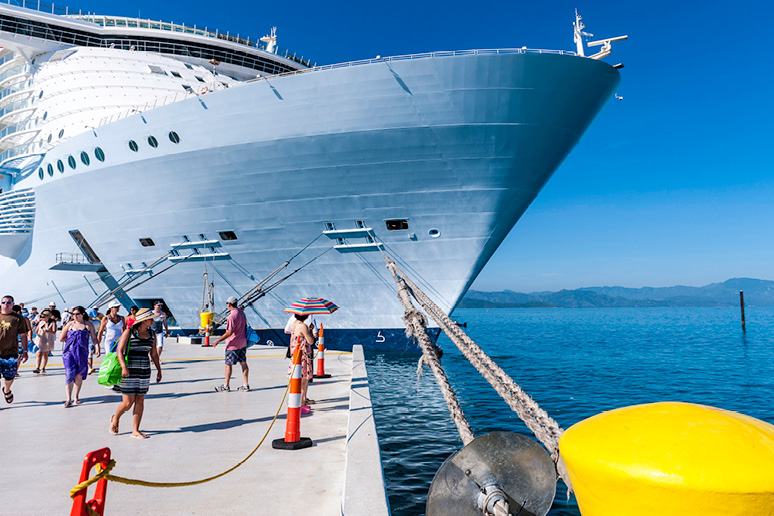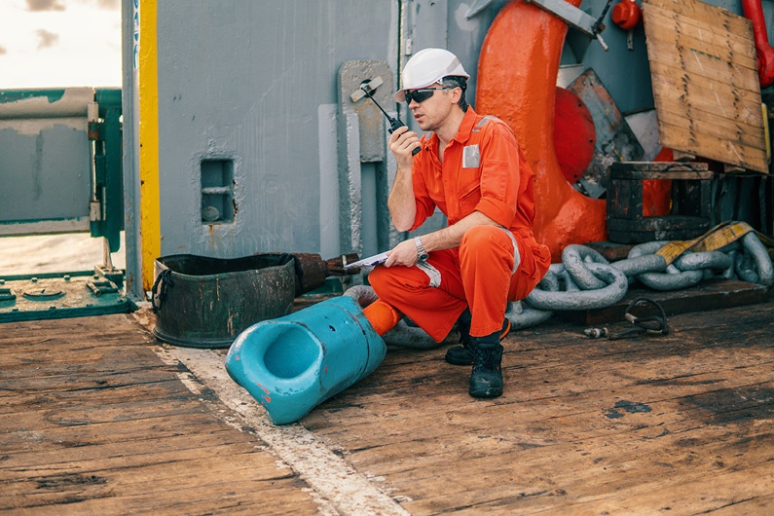Maritime law, also known as admiralty law, encompasses federal and international regulations related to government, commercial, and private activity on U.S. and international waters. It’s an area of law that is distinct and separate from the laws governing the land.
Admiralty law is not rare or niche. It impacts many businesses and individuals every day. However, the fact that it exists or applies to your situation could be completely new to you. For instance, if you are injured while on a cruise ship out at sea, suddenly maritime law matters a great deal.
Numerous federal agencies are involved in maritime law
The federal government and the courts create maritime law and enforce it through agencies, including but not limited to:
- Department of Homeland Security (DHS) is the parent department of the U.S. Coast Guard, which plays a major role in enforcing maritime laws, including those regarding navigation, environmental protections, and waterway and port security.
- Department of Transportation (DOT) oversees the transportation of dangerous and hazardous materials.
- Maritime Administration (MARAD) is part of the DOT and develops and maintains the U.S. Merchant Marines, which carry out waterborne commerce.
- Federal Maritime Commission (FMC) regulates importation and exportation related to foreign trade in the U.S.
- National Transportation Safety Board (NTSB) investigates serious marine accidents and publishes reports on marine accidents and fatalities.
Through these agencies and their purposes, you start to get a picture of how far-reaching maritime law is and how it may apply to many different industries and situations.
When does U.S. maritime law apply?
Maritime law has its own jurisdictional rules, which determines who has the power to make decisions over certain bodies of water and what happens on them. And it can be confusing.
First, there is the territorial sea, also called the marginal sea, which extends from the low-water mark on the coastline to 12 nautical miles out to sea. Within this area, states and the federal government have jurisdiction, though state law can’t conflict with federal law.
Beyond this, territorial waters are known as the contiguous zone, also known as customs waters. They reach 24 nautical miles out. Within these waters, the U.S. can regulate and enforce, which pertain to recovering vessels, their crew, and cargo. Salve and removal may take place between a ship and sunk or after. The vessel that provides salvage and removal assistance may be a vessel doing so voluntarily or a commercial salvage vessel. In any of these situations, there are federal laws that apply. Also, in the continuous zone, the state may create and enforce laws regarding customs, immigration, and sanitation.
Additionally, the U.S. has sovereign rights for 200 nautical miles out in regard to exploring, conserving, or using natural resources. This is known as the exclusive economic zone (EEZ).
With all of these different borders, you may wonder what happens when U.S. waters meet another country’s waters, such as with Canada and Mexico. Many maritime boundaries are controlled by treaties. The U.S. has maritime boundary treaties with Canada, Cook Islands, Cuba, Mexico, the United Kingdom, and numerous other nations.
Common scenarios when maritime law applies to you
U.S. maritime law may govern your situation if you:
- work on an American-owned ship;
- work at a U.S. port as a longshoreman;
- you are injured on an American-owned boat or ship or in U.S. waters; or
- you are accused of committing a crime on a U.S. vessel or in U.S. waters.
Maritime law can apply to you based on your job or travel, such as if you go on vacation on a cruise ship. If you are injured while working at a U.S. port, on U.S. waters, or on a U.S. vessel, contact a maritime lawyer who handles worker injury cases. There are numerous federal laws that may apply to your situation and enable you to recover compensation for your injuries.
Maritime law in relation to cruise ships
If you are injured, the victim of a crime, or accused of a crime on a cruise ship, you could be part of a confusing jurisdictional situation. If the cruise ship was docked at a U.S. port or still in U.S. waters, then U.S. law clearly applies, though federal maritime law or a state’s law may determine your rights. If you were docked in another country or in another nation’s waters, then the other nation’s laws generally apply to the situation.
The issue of jurisdiction becomes more complicated when you are in international waters. It is often safe to assume that the laws of a vessel’s country of origin (this is where the vessel is registered) apply. If you are on a U.S. cruise ship, expect U.S. laws to apply. However, do not assume a cruise ship regularly docked in the U.S. is registered here. It could be registered in another country.
When you are involved with a crime or accident on a cruise ship, speak with whatever authorities are available at the time, either on the ship or at the port. This begins to create a record of the event. The best next step is to contact an experienced cruise ship attorney once you arrive home to determine which jurisdiction applies to your situation and your legal options.
Maritime law evolves
Many older maritime traditions and rules are still in place, but that does not mean U.S. maritime law is not evolving. For instance, in January, U.S. Customs and Border Protection asked for public comment on a proposal to modify certain regulations related to the Jones Act, which restricts U.S. domestic maritime commerce to U.S.-registered vessels, built in the U.S. and owned by Americans, unless there is an exception or wavier. Many in the maritime industry disagree with the Jones Act, while numerous U.S. senators sent a letter, in May 2018, to the National Economic Council and the National Security Advisor in support of strengthening and enforcing the Jones Act. It remains to be seen how Congress and the Trump Administration will handle the Jones Act in the future.
 By Victoria Langley,
By Victoria Langley, 

